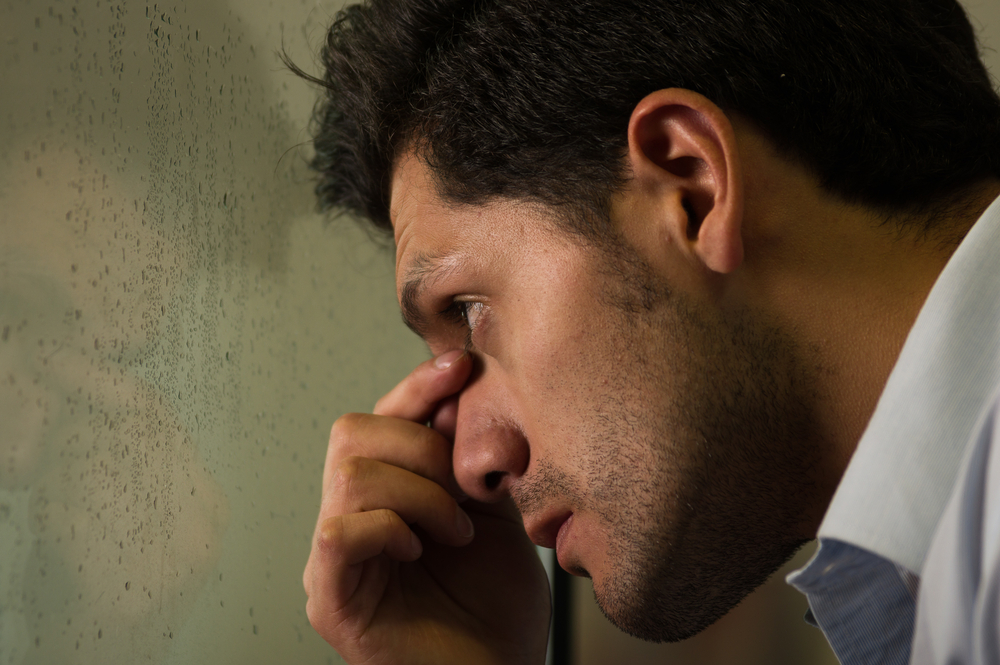The month of November is to raise awareness for men’s health, but this is not exclusive to only physical health.
Men’s mental health has only begun to be widely addressed in recent decades. Historically, society tells men to express less feelings and many may see themselves as weak if they need to get help for mental conditions, which only adds additional baggage to already stigmatized health issues.
But mental health is inseparable from physical health and affects all areas of one’s life. It’s not all in your head either as brain chemicals affect your mood, and any dysfunctions can direct cause mental health issues.
Plus, the numbers are real. 9 percent of U.S. men experience daily feelings of depression or anxiety. One in three of those men will take medication, while only one in four will share these feelings with a mental health professional.
Despite the stigma it carries, roughly 30 percent of men will suffer from a period of depression in their lifetime, including symptoms like rage and risk-taking.
Around 1 in 4 adults in the U.S. will experience a mental health problem in a given year—75% of suicides are men, which translates to one man taking his life every 20 minutes. These rates are 4 times higher among American men than women.
In addition, addiction—especially to drugs—is almost always caused by another underlying mental health condition or trauma, where users mask these conditions with drugs, causing addition. While drugs addiction is increasing around the country, studies still show that men are more likely to abuse almost all types of illicit drugs, but women are just as likely to develop a substance abuse disorder.
Men also have higher rates of alcohol use as well as binging, except from ages 12 to 20. Outside of that age group, men are more likely to engage in problematic drinking patterns: they’re twice as likely to binge drink, with 12.5 binge drinking session per year compared to 2.7 sessions for women.
We’re all unique with different reasons why we do not seek help, and that’s OKAY! It’s just important to know that seeking help is always the better option. The loved ones who truly care about you will always want what’s best for you and will be by your side despite what you think.
Macho-ness
Many believe a major cause of the higher problematic habits in men is due to the needs to seem macho and tough it out. But this is problematic as no one should be forced to solve their mental health issues on their own. It’s okay to seek help! Otherwise, it grows and festers, trickling into different aspects of one’s life and potentially affecting loved ones along the way.
Some people believe that mental illness is “all in your head,” but this is not the case. Brain chemicals can be unbalanced, affecting mood and outlook. It’s not weak for a man to seek help. In fact, admitting you cannot do this on your own is one of the bravest things you can do.
So if you – or someone you know (be it a man or woman) – is struggling with depression, addiction, suicidal ideation, self-harm behaviors, anxiety, etc PLEASE encourage them to seek help! Seeing a doctor and/or talking with a professional are not signs of weakness so, please, don’t feel like you need “tough it out”!
Please note: The National Suicide Prevention Lifeline is available 24 hours a day – you are not alone…confidential help is available. The phone number is 1-800-273-8255.

